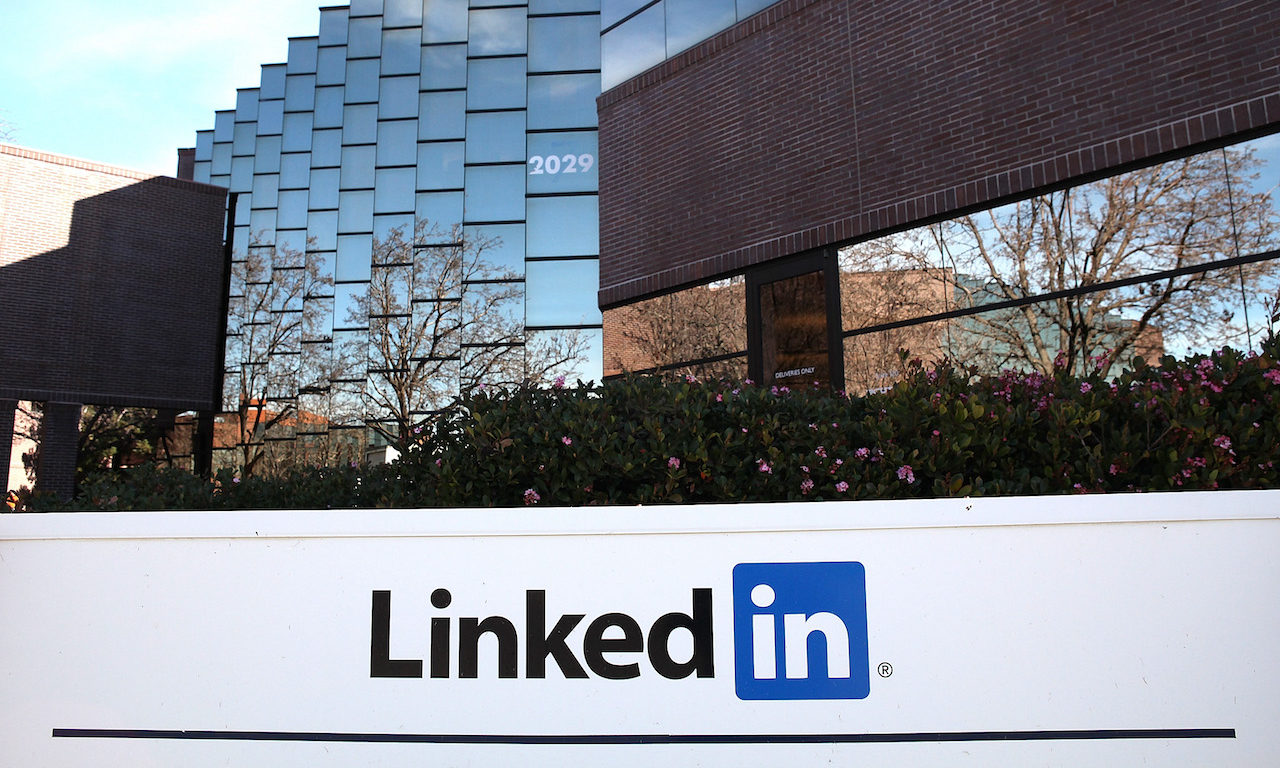A news headline is circulating in media that a Cyber attack has exposed 26 billion of sensitive data. In an age where digital footprints grow larger by the day, the discovery of a database containing an astonishing 26 billion leaked records sends a shiver down the spine of the digital world.
Termed by security researchers as the “mother of all breaches,” this leak surpasses previous records in both scale and potential impact, laying bare the vulnerabilities that lurk within our interconnected digital lives.

Cyber Attack: A Deep Dive into the Data Abyss
The research conducted by Security Discovery and CyberNews unveiled a 12-terabyte treasure trove of data, dubbed the MOAB (Mother Of All Breaches). This database, found on an open storage instance, is believed to have been compiled by malicious actors or data brokers.
It contains a bewildering array of personal information from users across platforms like Twitter, Dropbox, LinkedIn, Adobe, Canva, and Telegram, as well as sensitive data from various government organizations.
Cyber Attack: The Implications of the Leak
The leak is a stark reminder of the fragility of digital security in the modern age. “Threat actors could leverage the aggregated data for a wide range of attacks, including identity theft, sophisticated phishing schemes, targeted cyberattacks, and unauthorized access to personal and sensitive accounts,” the researchers warn.
Although much of this data appears to be compiled from previous breaches, the sheer volume and the inclusion of usernames and password combinations elevate the threat level significantly, raising the specter of a surge in credential-stuffing attacks.
Cyber Attack Precautions: Protecting Yourself in the Digital Jungle

In response to the breach, cybersecurity experts are sounding the alarm on the importance of digital hygiene. Jake Moore, a global cybersecurity advisor, emphasizes the need for awareness and proactive measures. “Victims need to be aware of the consequences of stolen passwords and make the necessary security updates in response,” Moore advises.
This includes changing passwords, being on high alert for phishing emails post-breach, and ensuring all accounts are secured with two-factor authentication.
Cyber Attack: Industry Reactions and Recommendations
As the digital community grapples with the ramifications of this breach, companies like LinkedIn, Dropbox, and Twitter are investigating the claims, with LinkedIn asserting no evidence of their systems being compromised. Cybersecurity professionals underscore the urgency of the situation.
Adam Pilton of CyberSmart likens the data volume to 15,600 filing cabinets, urging individuals to change their passwords and enable two-factor authentication as a preemptive defense.
26 Billion Records Exposed in Data Leak.
Oh boy 2024 has arrived.
Year of the great hack pic.twitter.com/GlcWnGwzRe
— Andrew (@AndrewXCIV) January 25, 2024
Cyber Attack: A Call for Regulatory Action
This incident serves as a clarion call for a systemic overhaul of how data privacy and security are approached in the United States. Richard Bird, Chief Security Officer of Traceable AI, critiques the lack of national data privacy laws and incentives for companies to safeguard the data they hold. “Maybe it finally takes something like a MOAB to get the U.S. Government and the companies that operate within its borders to wake the heck up,” Bird reflects.
Tools for the Digital Citizen
In the interim, individuals can take steps to ascertain their exposure. Free tools like CyberNews’ leak checker and the Have I Been Pwned service offer insights into whether one’s email address has been compromised in past breaches, including those from the MOAB database.
Cyber Attack: The Path Forward
This unprecedented data leak is a sobering reminder of the continuous battle for digital security in an increasingly online world. It underscores the need for robust security practices, both at the individual and institutional levels.
As we navigate this digital age, the emphasis on strong, unique passwords, two-factor authentication, and a vigilant stance against phishing attempts becomes not just advisable, but essential. The MOAB breach is not just a wake-up call—it’s a call to action for everyone who traverses the digital expanse.


